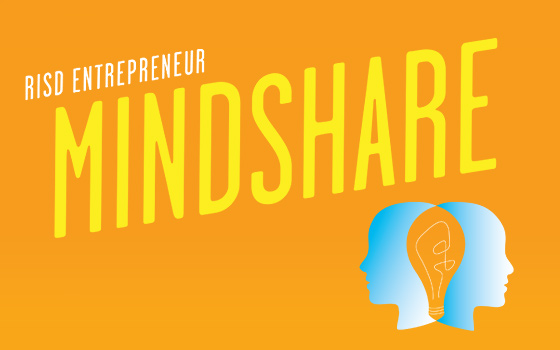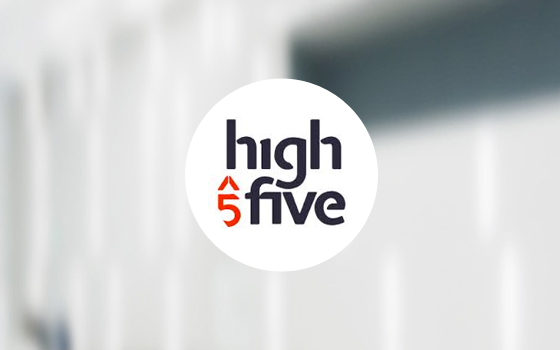Kari Ziegler
QA Manager,
Level Studios
In 1996, Kari Ziegler was a founding member of the first AOL Instant Messenger QA team, where she started her practice of tracking test plans, tests and metrics in a database environment. From 2000-2006, Kari built, managed and directed teams for both US and Globally based companies such as CMGi, Student Advantage, GTECH, and TransUnion / TrueCredit. She is now the QA Manager at Level Studios.
CB: What fascinates you about the web?
KZ: I would have to say what fascinates me is the perceived level of simplicity in web sites and applications because of the speed at which things get done in the internet space. Its much faster these days than when I first started working in QA (I started about the time Al Gore invented the internet). I worked for AOL in my first real QA job, where the release version of the software would take 6 months to 2 years to get out to the public. In the same role, we worked on a prototype version of the AOL Instant Messenger that was released in about 6 months and had more users than AOL within its first year. Moving from working on software to websites, I have seen application-like tools developed in 2-3 months with very complex functionality. Because of that speed, it looks easy to do to the general public. Everyone has a cousin or brother that can design a website, so why cant you make a dynamic website that grabs information from 3 data sources, organizes the data and presents it to the user in usable way? I think the miracle of the web is that complex code and great design that amazingly talented people create can be done in such a short period of time.
CB: What would you change about it?
KZ: In web deliverables, my QA answer is tempering the speed with a plan and then maintaining that plan. I havent worked at a company in 6+ years who has had requirements written for their deliverables consistently. I wont say that there was no documentation, but more often than not, what was written was minimal and did not match client expectations in the end. I think that most revenue is lost by companies in the time just leading up to the delivery and in the weeks after go live. Planning and requirements management can really help with tracking how complete the deliverable is, which is the first step to meeting client expectations.
CB: You keep a blog called Test Insanity – Hurry up and Wait on which you write, The definition of insanity is doing the same thing over and over again, expecting a different result. Thats what QA does… Is your blog an information resource or a coping mechanism?
KZ: That made me actually LOL! To be honest – probably a little of both. I was researching methods for testing in an agency setting, and thought that putting it together in a blog so I could share with my team and peers was a good thing to do. Often, I take some notes, bookmark some sites, and then forget about them. I wanted to create a place for me to be able to return and add things as I find them and try to sew them together as well as converse with other people on the same path for learning. QA is not an easy job, and figuring out how to make it more enjoyable is something that I have found I do better with others. Its only been up a couple months, but I hope to keep it going. I have about 10 blogs going at once in various states of readiness for publishing so there will be more…
CB: What technology has had the greatest impact on how you do your job?
KZ: The database. Simple or complex, data is king everywhere. But with QA, being able to aggregate, sorting and filtering tests, getting results… these things are so important to being able to get on a path to improvement for product development. Years ago it was all done on paper – jeez!
CB: Who has influenced or helped you the most in your career?
KZ: I was discussing this with my CEO about a year ago – it seems mentors are rare. I am really lucky. I have so many mentors. From my workaholic Dad, to my first manager who let me drive my own way to success, to peers that told me how what I did was wrong and how to improve it without batting an eye. In my career, I would have to say that, for the influence factor, it would be a battle between Managers and CEOs. My first manager allowed me to run with cool ideas no matter how crazy they were, and find success. I also had a CEO who I would run into at 2am in the office, who lead powerfully in a position where women were rarely found at the time. I read her books now, and still learn from her from a distance. I work with people who emit peace and calm during difficult times. I want to take the little bits that these people have and make them my own. Its a long road 🙂
CB: What makes you uniquely suited to your suited to your role at Level Studios?
KZ: I am tenacious. I love QA and what it can do for a company. I actually get excited when an insurmountable problem comes my way, and want to try to figure it out. QA in an agency is hard to promote, and teaching sales people and non-technical people how having that second set of eyes supporting the client saves money in the end is difficult. Level Studios is an amazing company, and that drives me to keep it up and work with my team to keep the good fight going!
CB: What is the most frequently misunderstood aspect of QA?
KZ: Cost/Benefit. It costs time and if done well, shows no benefit unless you can show metrics. QA needs to be done from the beginning of a project, not just at the end, to be able to fulfill its purpose, as well as to be able to track how the team is doing throughout the project lifecycle. I often get asked to show how QA made things better. When I personally work on something and know another person is going to review my work, my first draft is better than if no one was going to look at it. QA in the beginning of a project can bring up issues before anyone starts to develop the deliverable. The earlier an issue is found, the less expensive it is, and the less chance there is for the client to see it. Being able to show that is how you can show how QA made things better.
CB: I imagine you find yourself saying some of the same things over and over again from one project to the next. Whats a great example?
KZ: Besides Where is QA? when looking at a proposed budget for a new project? Hmmm. There are so many little things that we repeat to people outside of QA. Within QA, I think I say Did you enter that as a bug? when an issue is found.
CB: If you had one sentence to pitch your latest and greatest idea, what would it be?
KZ: How did you know I had a latest and greatest idea? Being agile in project development these days requires a solid team that is responsible to each other as well as to the client and the deliverable. Responsibility and empowerment together are part of the foundation of building a quality project.
CB: I believe that everyone has a specific and unique talent that comes in handy at just the right time. It might be something most people know about you or something very few know. What is your super-power?
KZ: In my career, I would say its looking at an unmanageable project and helping it get out the door working with a happy client. I have been on a lot of projects in a lot of jobs that no one thought would ever work that ended up being successful. My superpower is kind of like the powers of the Wonder Twins though, it doesnt work without a partner or a team to get it done.
CB: If the worlds technological and economic systems were to collapse and revert society to locally-focused, agrarian communities, what role would you assume?
KZ: Simple, I would open a wine bar 🙂


